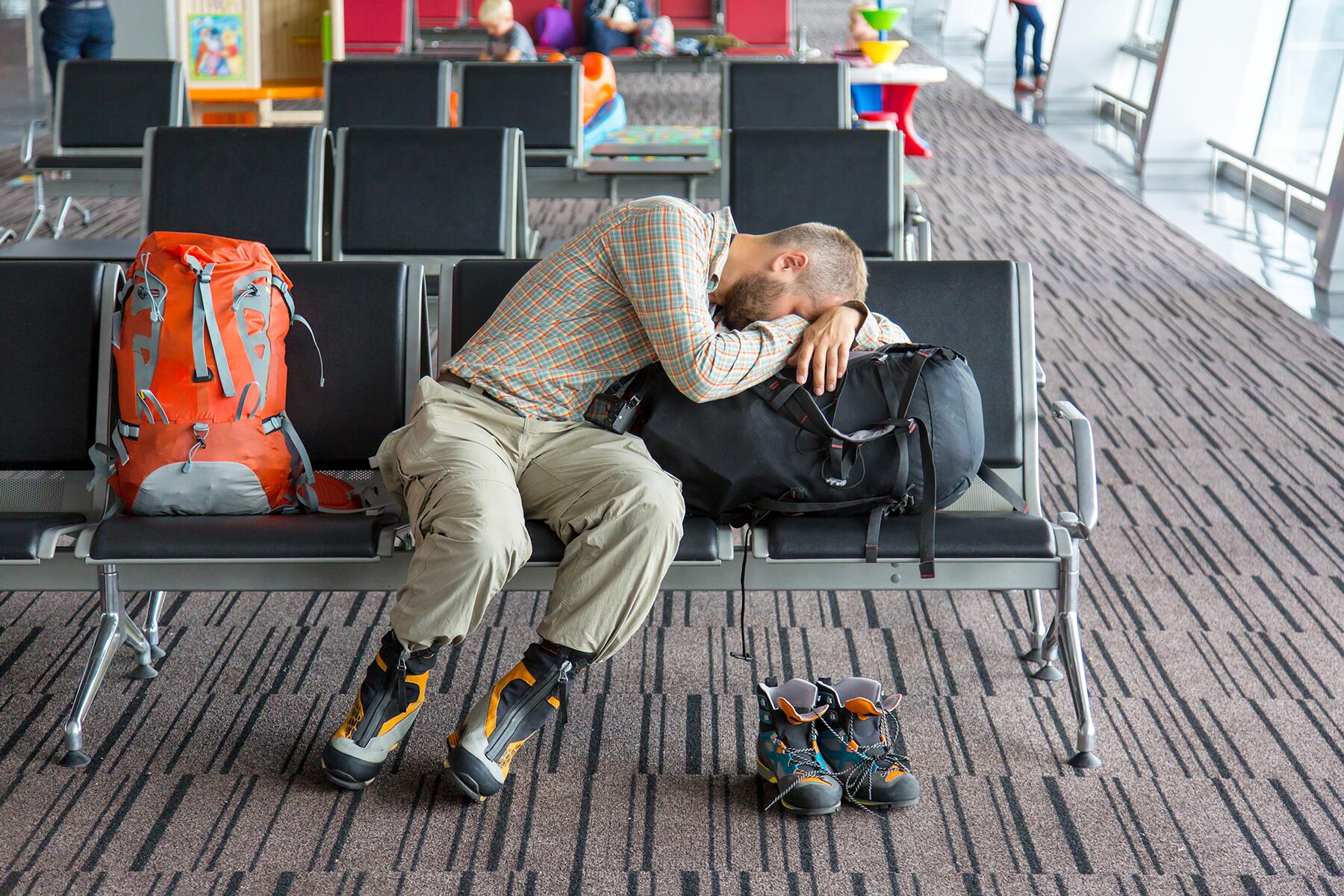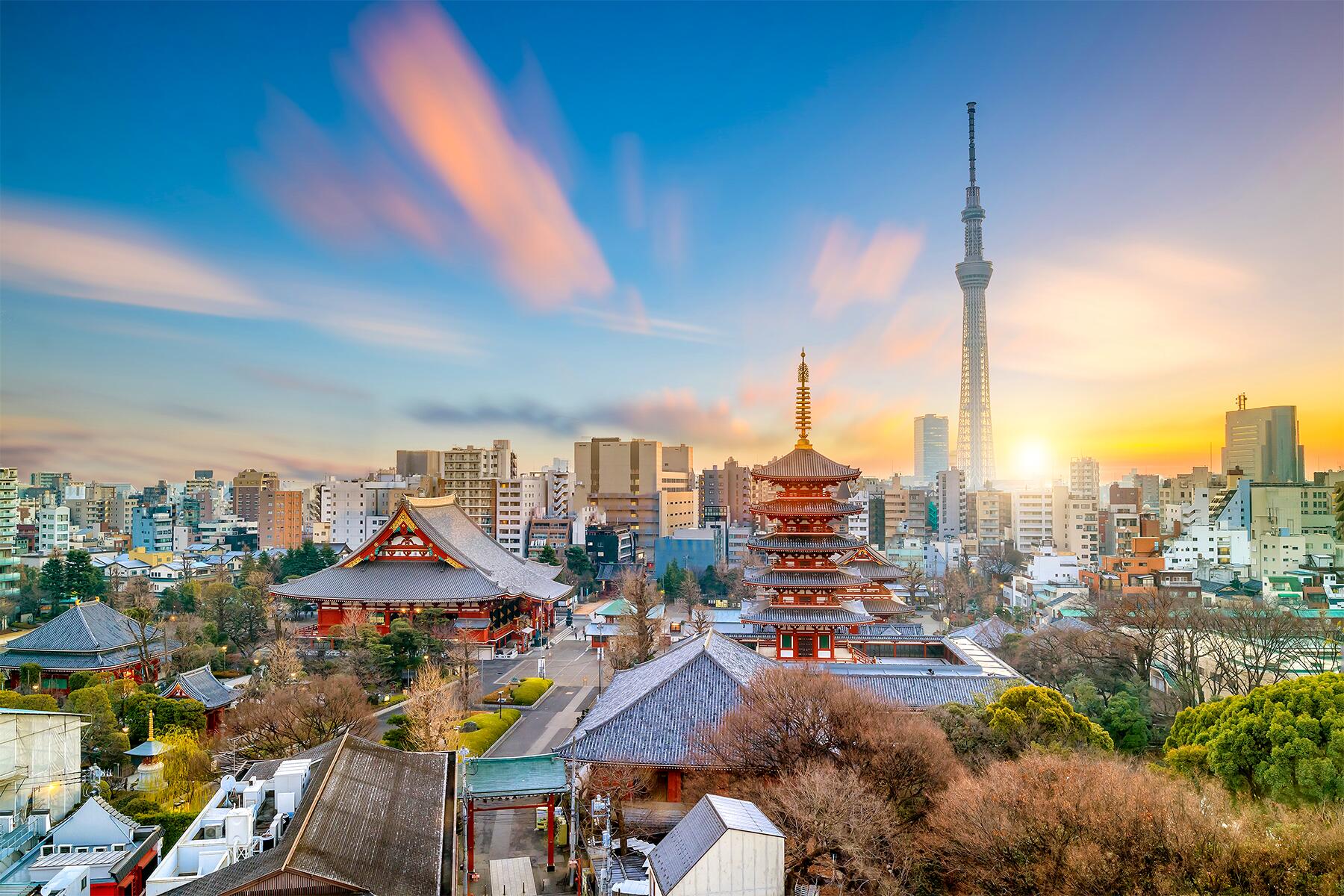What are they protesting and why, and how will this affect Portugal’s culinary and tourism scene for good?
Sitting on wooden deck-chairs, wrapped up in blankets, clad in face masks and thick winter coats, nine Portuguese restaurant, nightclub, and bar owners from across the country are camping under four canopy tents in the chilly winter temperatures, as they enter their seventh day of a hunger strike outside the Portuguese Parliament in Lisbon.
Arising from his sleeping bag, Joao Sotto Mayor, a father and owner of multiple restaurants, nightclubs, and bars in the Algarve and Lisbon, pours a cup of black coffee from a flask, the only meal he’ll likely be having for yet another day. He and eight others have been living on coffee, water, and tea donated by their supporters for the past week and have vowed that they will not break their fast until they are met by the Portuguese prime minister and economy minister.
All they are asking is for their voices to be heard. But right now, the Portuguese Parliament remains silent, with the only noise being the strums of their supporters’ acoustic guitars and the sounds of solidarity uplifting the spirits of their campsite.
Top Picks for You
Recommended Fodor’s Video
They are protesting against coronavirus lockdown measures introduced by the Portuguese government during the pandemic. Bars and nightclubs have been closed since March and while restaurants were allowed to reopen in May, a restriction on travel and the country being left out of certain travel corridors with neighboring European countries has meant that many establishments have already lost a sizable chunk of their annual income from the summer season.
“I have already had to close four of my establishments and had to let go of 38 members of staff. I’m protesting because I don’t want to close anymore.”
Many hospitality businesses within the Algarve region, Portugal’s south coast, make the majority of their profit in the summer months, with many restaurant owners and staff living off the profit they make for the rest of the year and remain closed during the winter. But due to the pandemic, many of these businesses won’t open again. According to a recent survey by the local restaurant association PRO.VAR, nearly 30% of Portugal’s restaurants may now be closed for good.
“I have already had to close four of my establishments and had to let go of 38 members of staff. I’m protesting because I don’t want to close anymore,” says Sotto Mayor.
As an owner of 26 establishments within the hospitality sector, Sotto Mayor also feels that he has an important role to play in defending the interests of the Portuguese laborforce. Since November 8, a curfew and weekend lockdown put in place in an attempt to curb the spike in COVID-19 cases has angered restaurateurs, who say that many of their businesses will not survive this year.
“For the majority of Portugal’s restaurants, after the summer months, a peak of income comes from now to Christmas. On top of this, restaurants make most of their income over the weekend, so it’s crucial that the weekend lockdown is lifted and that we return to normal operating hours as soon as possible,” says Sotto Mayor.
Sotto Mayor says that a recent 25 million-euro ($30 million) government program allowing restaurants to apply for compensation to make up for losses over the weekend does little to solve the problem. “In order to be eligible for the scheme, certain criteria has to be met: new businesses that opened in 2018-2019 are barred from applying or if establishments are in some sort of debt to the government. But due to the pandemic, since most businesses have been closed for over eight months during the pandemic, we are all in some sort of debt”.
Since November 8, a curfew and weekend lockdown put in place in an attempt to curb the spike in COVID-19 cases has angered restaurateurs, who say that many of their businesses will not survive this year.
An online petition by the movement, “sobreviver a pao e a agua” (“survive, bread, water”) behind the strike is gaining traction, with over 75,000 signatures so far and thousands more signing each hour—they need all the support they can get.
This is why these protests are so important. The nine businessmen are not just fighting to keep their clubs open during Christmas, and therefore open at all, but also for the Portuguese government to meet their proposals regarding reform in the conditions of government aid offered to workers within the sector.
In Portugal, restaurateurs pay their employees double during the festive season, but because of weekend lockdowns, weekday night-time curfews, and restaurants already operating at a 50% capacity due to social distancing, business owners simply will not earn enough to be sustainable. “How can we sustain a company that isn’t earning any money but has to pay taxes, pay for light, water?” asked Jose Gouveia, a nightclub owner and spokesperson for the movement.
“To survive until Easter, we need to work in December,” insists Sotto Mayor.
According to government data, the number of people who registered as unemployed in the country jumped 34.5% in October compared to figures from 2019, with approximately 72% of the recently unemployed working within the hospitality and retail sector.
The government of Prime Minister Antonio Costa says the coronavirus measures are necessary to bring the pandemic under control and avoid stricter measures next month, but the protesters disagree. “Restaurants only account for 3% of the total Portuguese population, so to put millions of people and family’s lifelines in jeopardy is excessive beyond words,” says Sotto Mayor.
The situation is particularly concerning since much of the country’s economy depends on the tourism and restaurant sector to survive. It’s not just restaurants, nightclubs, and bars taking a major hit but the crisis is also trickling down to DJs, artists, hotels, suppliers, and farmers to name a few—a relationship that works both ways. Since these establishments are struggling, it’s also creating a negative domino effect on other industries across the country.
To make matters worse, the pandemic’s effect on the local food sector is impacting more than just profits. Without support and tourist foot traffic, the pandemic could completely alter Portugal’s cuisine itself.
To make matters worse, the pandemic’s effect on the local food sector is impacting more than just profits. Without support and tourist foot traffic, the pandemic could completely alter Portugal’s cuisine itself. After the country’s tourism boom over the past several years that saw the sector inject 18 million euros into the local economy last year alone (compared to 9.4 million in 2014), new restaurants were popping up daily, particularly in the country’s capital, to meet the demand. As international appreciation for Portuguese food grew, restaurants and chefs began to completely alter their menus. It wasn’t until during the tourism boom where tourists preferred to spend their dollars on local specialties that restaurants began to dispense of French and Italian cooking that they had obsessed over for decades, self-reflecting and fully embracing traditional Portuguese flavors.
But without tourists and government support, many restaurants that championed and experimented with local flavors will be forced to close their doors, impacting the diversity of the culinary scene. A recent survey showed that around 80% of restaurants will not be able to survive until September without adequate support. And with more closures, establishments will have to rely on domestic clients who are less interested in experimental local Portuguese flavors compared to their foreign counterparts, and it might take years to recover.
As night falls, Sotto Mayor sits on the edge of his deck-chair, holding his breath, as two of his fellow protesters, Jose Gouveia and media chef and restaurant entrepreneur Ljubomir Stanisic, are hauled off in a government car to enter talks with members of the Parliament for the second time.
“The first talks were unsuccessful so I have no idea what this outcome will be but I hope the Portuguese government has the ability to self-reflect,” says Mayor.
A couple of uneasy hours later, after meeting with the mayor of Lisbon, Fernando Medina, and the Minister of Economy, Pedro Siza Vieira (who via phone), the strikers return with beaming faces.
“Our struggle is over, for now,” announces Gouveia to his protesters and supporters.
The Portuguese government has agreed to hear the protesters out and agreed with the majority of their demands, which would be evaluated and a verdict announced during a third meeting with the protesters set to take place on December 11. If their demands are not met, the protesters have vowed that they will be back on strike, but next time it won’t just be just nine–there will be hundreds.
In between mouthfuls of bacalao cod pastries, pastel de natas, and celebrations, Sotto Mayor reflects on the past week: “We are very proud of our country. We have felt the warmth of our people and although we starved, our souls have been fed by people’s words and support. We hope this will be our final battle but we won’t stop until we know that our people will not go another day hungry.”



